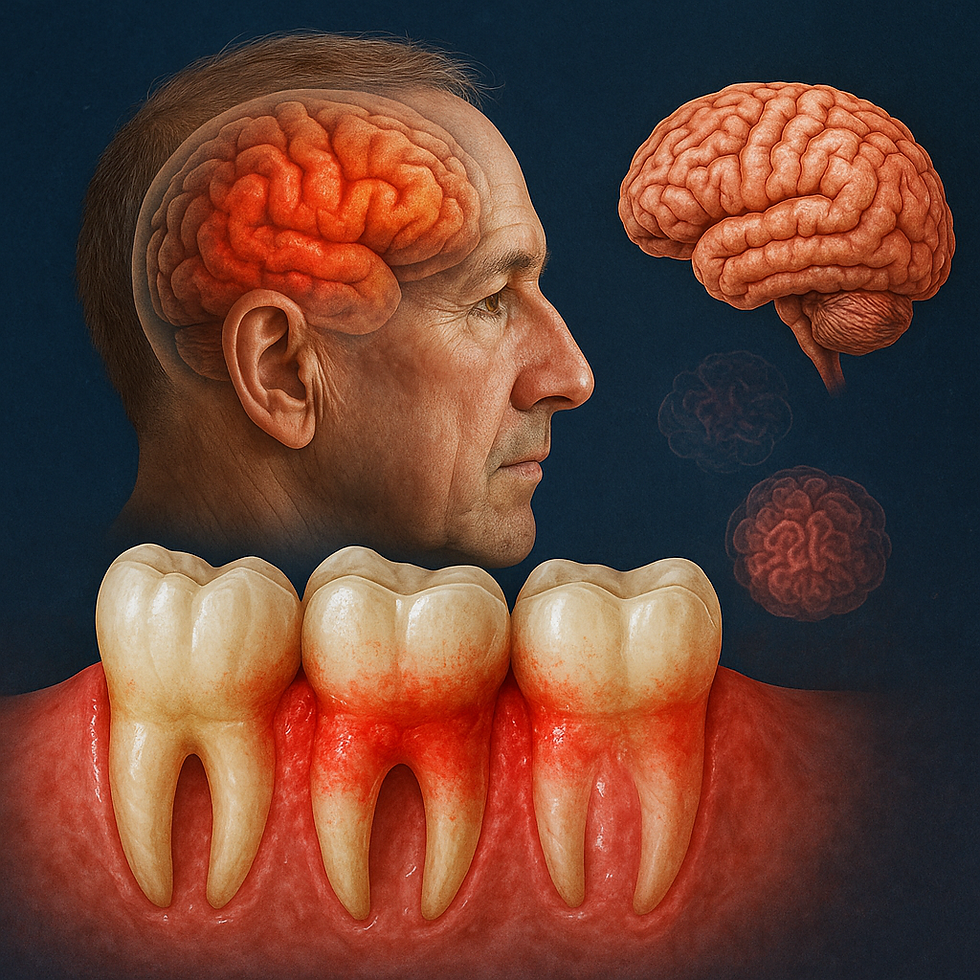The Importance of Sleep and How to Improve It with Good Sleep Hygiene
- alexfoxman
- Aug 17, 2024
- 2 min read

Introduction:
Sleep is a fundamental aspect of our well-being, affecting everything from cognitive function to physical health. Despite its importance, many people struggle with getting enough quality sleep. Understanding the significance of sleep and practicing good sleep hygiene can make a significant difference in overall health.
Why Sleep Is Important:
Sleep is crucial for various bodily functions, including brain activity, physical health, and emotional well-being. During sleep, the body repairs tissues, regulates hormones, and consolidates memories. Chronic sleep deprivation has been linked to a range of health issues, including obesity, heart disease, diabetes, and weakened immune function.
The Science of Sleep Hygiene:
Sleep hygiene refers to the practices and habits that promote consistent, uninterrupted sleep. According to the National Sleep Foundation, maintaining good sleep hygiene is essential for optimizing sleep quality. Key components of sleep hygiene include maintaining a regular sleep schedule, creating a relaxing bedtime routine, and ensuring the sleep environment is conducive to rest.
Scientific Studies on Sleep:
Numerous studies underscore the importance of sleep for health. Research published in the journal Sleep found that adults who get less than seven hours of sleep per night are more likely to report experiencing chronic health conditions. Another study in Nature Reviews Neuroscience highlights how sleep plays a critical role in brain plasticity and cognitive function, demonstrating that a good night’s sleep is essential for learning and memory.
How to Improve Your Sleep:
Stick to a Sleep Schedule: Go to bed and wake up at the same time every day, even on weekends.
Create a Relaxing Bedtime Routine: Engage in calming activities like reading or taking a warm bath before bed.
Optimize Your Sleep Environment: Ensure your bedroom is cool, quiet, and dark. Consider using earplugs or a white noise machine if noise is an issue.
Limit Exposure to Screens Before Bed: The blue light emitted by phones, tablets, and computers can interfere with your ability to fall asleep.
Be Mindful of Food and Drink: Avoid large meals, caffeine, and alcohol close to bedtime.
How Beverly Hills Institute Can Assist:
At the Beverly Hills Institute, we understand the critical role that sleep plays in overall health. Our comprehensive care includes evaluating sleep issues, providing guidance on improving sleep hygiene, and offering treatments for sleep disorders. We are here to help you achieve better sleep and, consequently, better health.
For more information on improving your sleep and overall well-being, visit the Beverly Hills Institute.




Comments